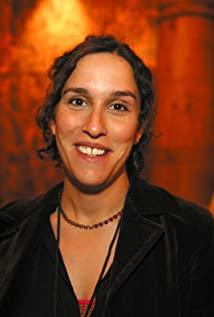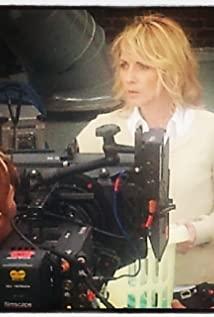After all, matriarchal society lasted too short in history. After generations of male laborers, the subordinate status of women has become the truth of civilized society. In China, children are not passed on to daughters, daughters cannot inherit and do not belong to the family tree; women are virtuous if they have no talent, they only need to serve their husbands and in-laws well, and pass on the lineage. The West was far less developed than China before the Industrial Revolution, and it is not surprising that women's status was limited to gentleman etiquette. Women have no right to inherit and can only rely on annuities. If the entire family can't even find a distant male child, the law would rather confiscate the property than pity orphans and widows. All society expects from women is to marry a good family, and all unconvinced souls are lonely and have ill-fated lives. Jane Austen's novels are just her dreams, or fantasies, but even if she has different ideas, she will ultimately be a perfect man.
After the British Industrial Revolution, the awakening of women gradually spread from individuals, and more and more individuals gathered into groups, but they were regarded as aliens by the mainstream of society, and were even looked down upon and even spurned by most women.
Maud Watts was born in a garment factory, started working part-time at the age of 7, and started full-time at the age of 12. Originally, he was resigned to the oppression and abuse. But seeing that the young female worker was poisoned by the boss again, and the colleagues who participated in the parade around her brought a fresh air, she vaguely realized that she also wanted to change the appearance of her life. She went from being a bystander to participating in it, feeling the power of women's solidarity and her own power.
But can change succeed with enthusiasm? Out of duty and sympathy, the police officer in charge of the arrest advised her not to hit the stone with an egg and reminded her that "you are being used." She looked at him with the fearless air of a revolutionary, full of firmness and contempt for him. But the officers made sense, both then and now.
The women who participated in the operation were beaten, arrested and detained for a period of time. After their release, they were cast aside by their neighbors and driven out of their homes. Their leader, Emmiline Pankhurst, was behind the scenes; appearing occasionally at rallies, giving impassioned speeches to the thousands of women she touched, and evacuating safely before police arrived. Actions are becoming more and more violent, they are exposed to risks and pressures, and leaders take responsibility for it in the media in a timely manner, claiming exposure—and the same is true of terrorist incidents that are happening now and again.
No matter how righteous the original intention was, no matter how helpless the violence was caused, the development of the situation has long deviated from the track and became increasingly uncontrollable. It is impossible for everyone to be united. If some more radical groups become the leading force, if there are other conspirators, they are destined to become sacrifices, just like Emily Wilding Davison, who rushes to the horse racing single at the end of the film, died for the ideal. Of course, in exchange for the uproar and attention of the world, the process of women's participation in politics has been promoted. But she is gone. Revolution is bloody, and she and all the women who have been displaced by participating in the transformation of human civilization are heroes. Fortunately, their revolution succeeded, many years later. If anyone remembers their names, they are celebrated.
When I was deeply moved by them, my heart was also aching. I don't know if the director feels the same way, so the leading role played by Meryl Streep is a bit ridiculous.
View more about Suffragette reviews











